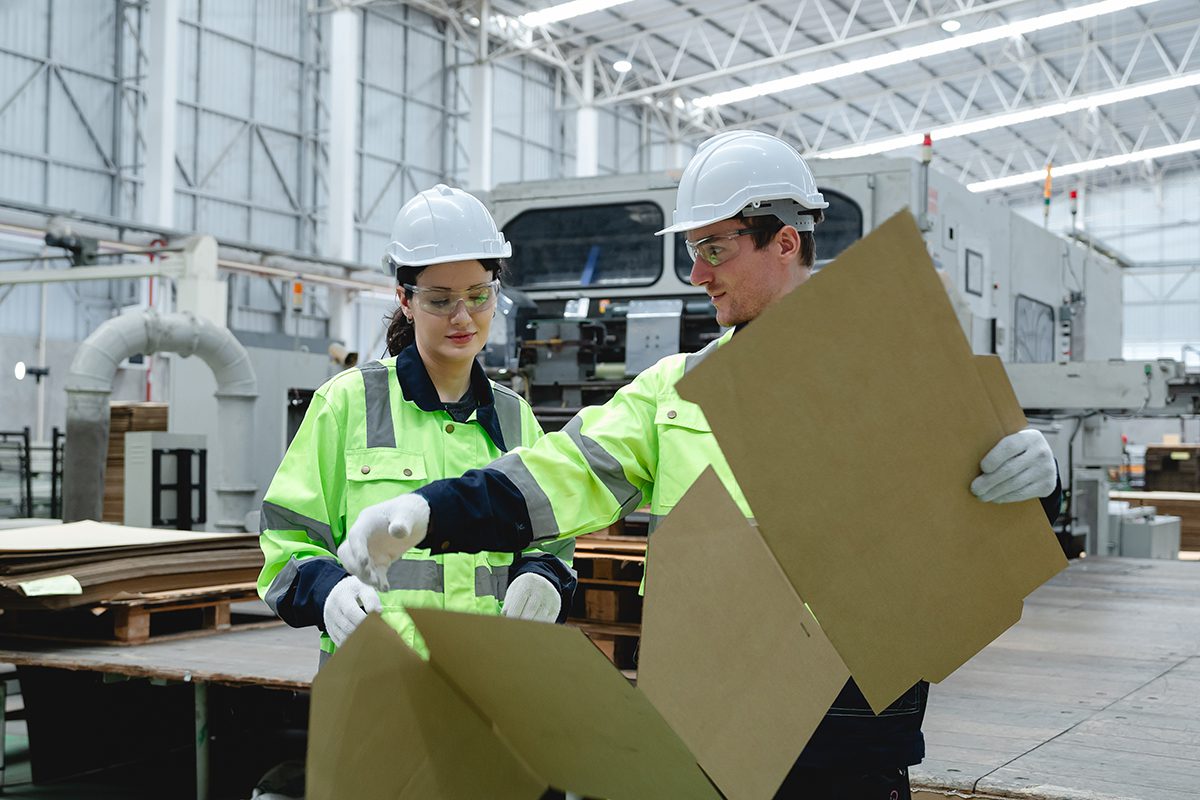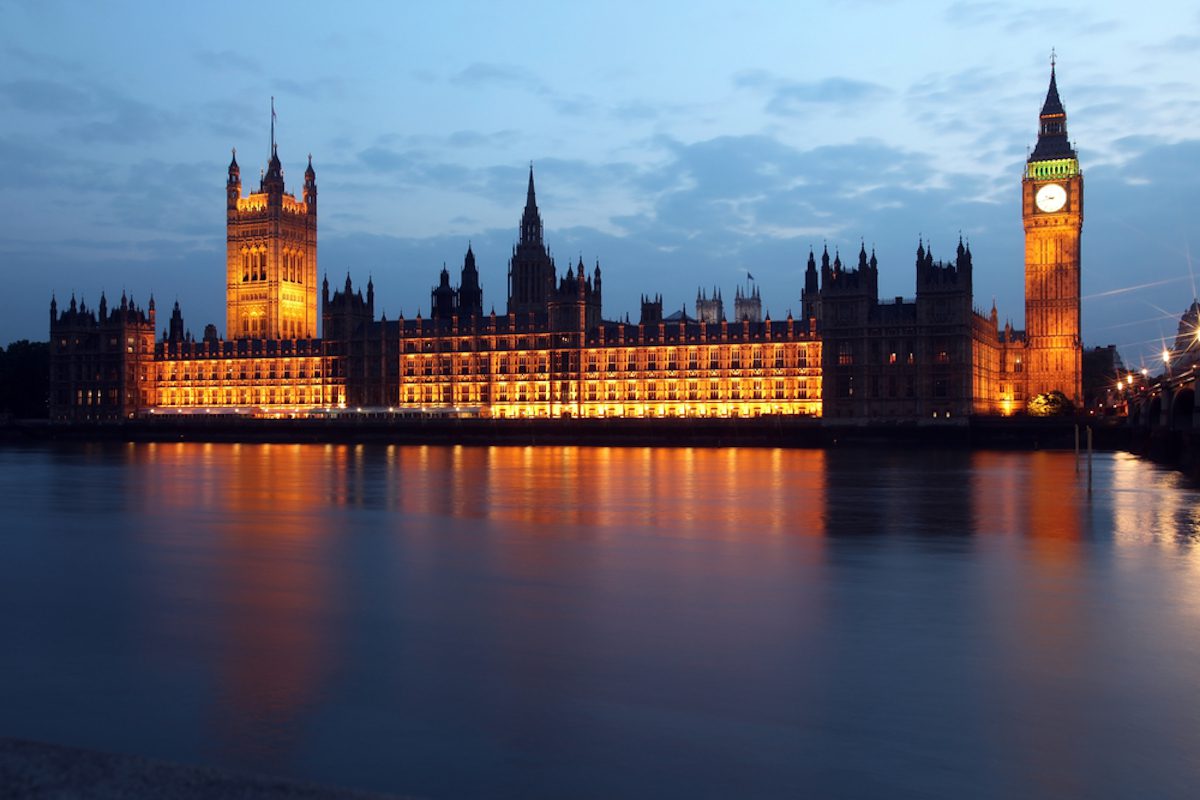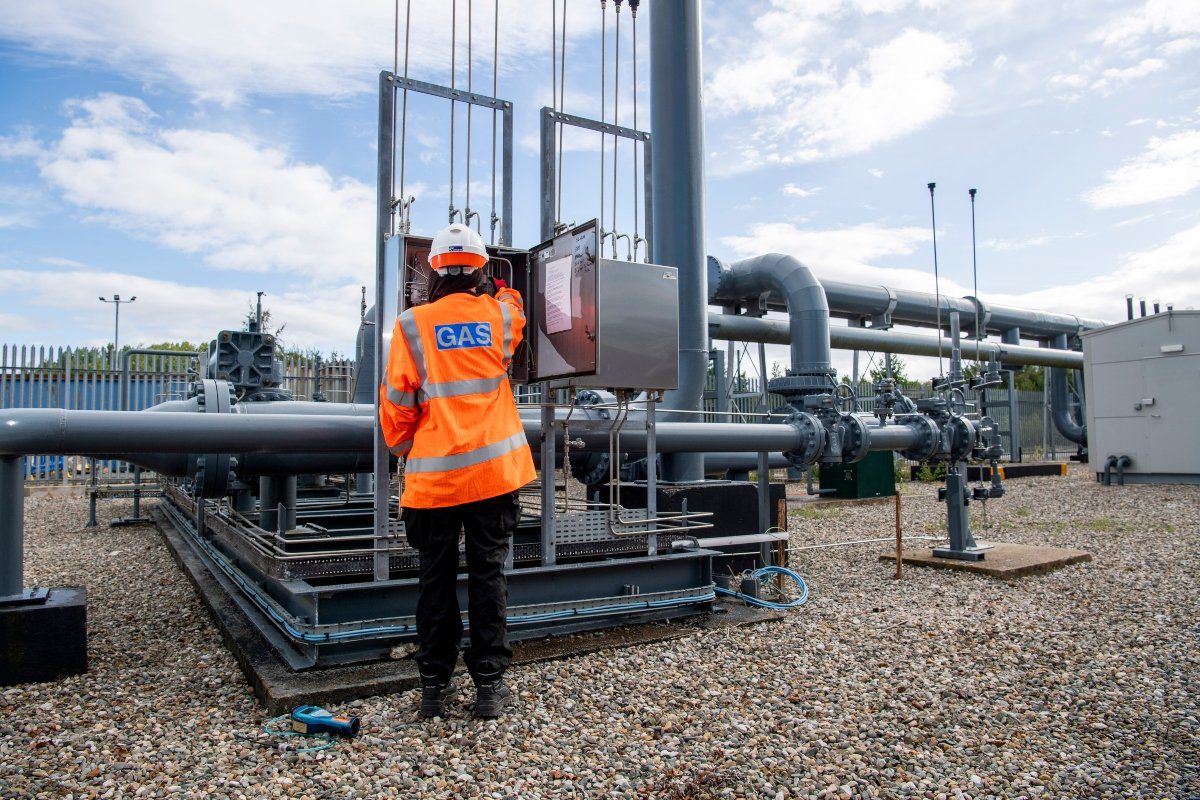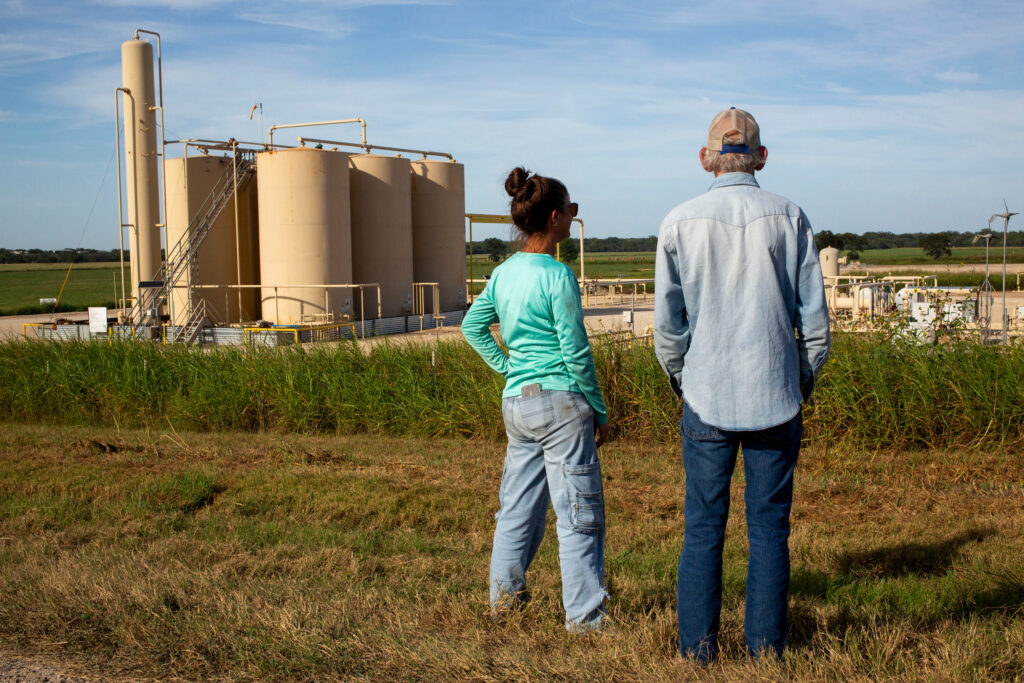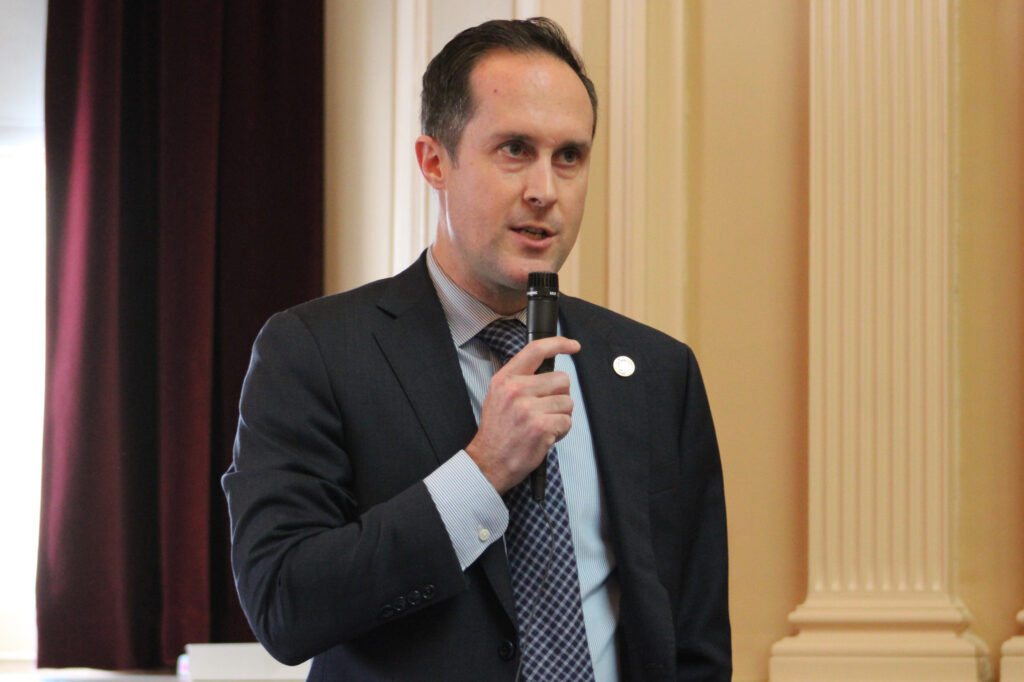The UK government has announced a delay to the scheduled October 2025 start date of a UK-wide Deposit Return Scheme (DRS), which will now roll back to October 2027.
This confirmed the expectation set by a 26 March statement from Environment Secretary Steve Barclay, that a delay was to be expected given the need to ensure alignment between the UK Parliament and the various devolved administrations.
Responding to the announcement, the Recycling Association chief executive Paul Sanderson suggested this time should be used to consider whether DRS is required at all.
“As an Association, we are against the introduction of a DRS scheme as we believe it will enable cherry-picking of material, less revenue for local authorities and more vehicle movements as a result of people driving to reverse vending machines.
“Instead, we have always advocated for time to be taken to assess whether a Digital DRS scheme can be introduced instead, where people get rewarded for recycling their bottles and cans at home.
“This delay should be used to fully trial and assess the opportunity of a Digital DRS rather than wasting time and a lot of money aiming for an October 2027 roll-out of reverse vending machines everywhere.
Crystal clarity
The 25 April statement by Robbie Moore, Minister for Water and Rural Growth, said alignment had now been reached between the various UK administrations, on the inclusion of PET plastic bottles, and steel and aluminium cans. However, on glass, there is agreement to exclude it, from everyone except Wales.
Moore said he believed “including glass in any UK DRS will create undue complexity for the drinks industry and it increases storage and handling costs for retailers”.
“Glass containers are heavy and fragile, making them more difficult for consumers to return and receive the deposit they have paid, potentially forcing up the cost of their shopping.” There is also evidence that glass is littered less, comprising only 4% of litter compared to 55% for PET plastic and metal drinks containers, in Keep Britain Tidy’s 2020 litter analysis.
Nonetheless, the Welsh government intends to include glass when their own scheme launches. But the UK Internal Market Act 2020 (UKIM) means, as Moore explained, “drinks in glass containers made or imported into England, Scotland and Northern Ireland will not be subject to a Welsh DRS which includes glass.”
The Recycling Association’s Paul Sanderson commented that this was one of the weaknesses of a DRS, the difficulty in ensuring consistency in how it is implemented across the UK.
“Not including glass makes a huge amount of sense for material quality in reverse vending machines, while a consistent approach also makes labelling clearer.”
So in that sense it was “especially disappointing”, he said, that Wales plans to include it.
“Again, a Digital DRS scheme could enable glass to be collected and people could be rewarded, while still enabling people to recycle their bottles, cans and glass bottles and jars at home using existing kerbside collection scheme.
“The UK has the opportunity to become a world-leader in Digital DRS, introducing a lower cost scheme, that also makes sense for people to recycle in the convenience of their home.”
Commenting on the government’s announcement, Keep Britain Tidy’s Chief Executive, Allison Ogden-Newton OBE, said: “Their decision to postpone introduction to October 2027 is nothing short of disastrous for the environment and a slap in the face for anyone who cares about the state of litter in this country.”
She estimated that “between now and October 2027 an eye watering 25 billion bottles and cans will be littered, buried or burned.”
“So Keep Britain Tidy is urgently calling on any future government to make this the number one priority in the war against our spiralling waste crisis.”




